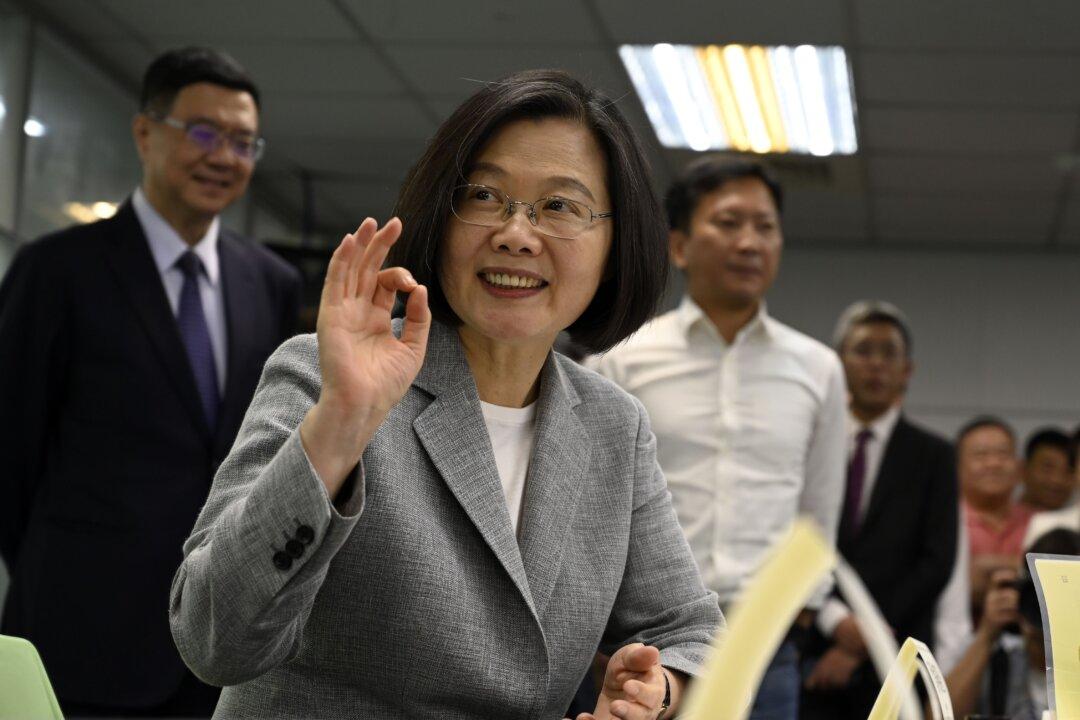OTTAWA—Taiwan is a democracy with similar interests and values to those of Canada, and the ties between the two countries should be much stronger, experts say. The problem is that Canada’s “One-China” policy needs to be reviewed in the face of greater China aggression.
Given deteriorating relations with China following the arrest of Huawei executive Meng Wanzhou last December, Canada has increasingly more in common with Taiwan. China seeks to annex the jurisdiction of 23 million and head off foreign intervention in the region. As Canada becomes more acquainted with how China attempts to influence its decision-makers, it can learn from Taiwan, which is experiencing those kinds of threats at an unprecedented level, observers say.





